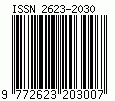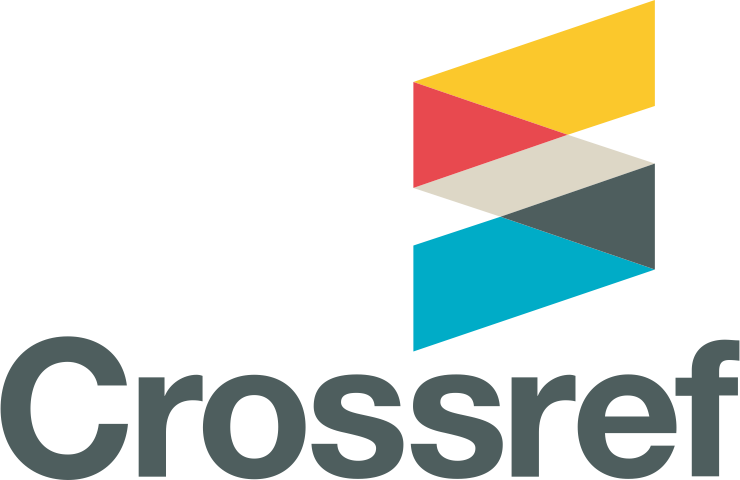MENGASAH KECERDASAN NATURALISTIK MELALUI PENDIDIKAN CINTA KELAUTAN PADA ANAK USIA DINI
DOI:
https://doi.org/10.33556/jstm.v0i1.162Abstract
The territory of Indonesia is dominated by oceans with very large potential of biological and non-biological resources, but the utilization is not optimal. The interest of the younger generation will encourage a positive attitude to develop marine and maritime potential of Indonesia. Developing naturalistic intelligence through marine-love education in early childhood is a necessary and urgent foundation for teachers and parents. The current
maritime theme still becomes a theme that has not been widely taught in early childhood education,with the result that developing naturalistic intelligence is an inseparable part of early childhood learning activities in the classroom, and outside the classroom as a whole and become part of the teachers and parents responsibility.
Keywords : Naturalistic Intelligence, Maritime, Eearly Childhood
Wilayah Indonesia didominasi oleh lautan dengan potensi sumber daya hayati maupun non hayati yang sangat besar, namun pemanfaatannya belumlah optimal. Kecintaan generasi muda akan mendorong suatu perilaku yang positif untuk mengembangkan potensi kelautan dan kebaharian Indonesia. Mengasah kecerdasan naturalistik melalui pendidikan cinta kelautan pada anak usia dini adalah dasar yang perlu dan mendesak dilakukan oleh guru dan orangtua. Tema kelautan saat ini masih menjadi tema yang belum banyak diajarkan di Pendidikan Anak Usia Dini, sehingga mengasah kecerdasan naturalistik adalah bagian yang tidak dapat dipisahkan dalam kegiatan pembelajaran anak usia dini di kelas, dan di luar kelas yang secara keseluruhan dan menjadi bagian dari tanggungjawab guru serta orangtua.
Kata kunci : Kecerdasan Naturalistik, Kelautan, Anak Usia Dini
Downloads
Published
Issue
Section
License
Authors who publish with this journal agree to the following terms:Authors retain copyright and grant the journal right of first publication with the work simultaneously licensed under a Creative Commons Attribution License that allows others to share the work with an acknowledgement of the work's authorship and initial publication in this journal.
Authors are able to enter into separate, additional contractual arrangements for the non-exclusive distribution of the journal's published version of the work (e.g., post it to an institutional repository or publish it in a book), with an acknowledgement of its initial publication in this journal.
Authors are permitted and encouraged to post their work online (e.g., in institutional repositories or on their website) prior to and during the submission process, as it can lead to productive exchanges, as well as earlier and greater citation of published work (See The Effect of Open Access).







